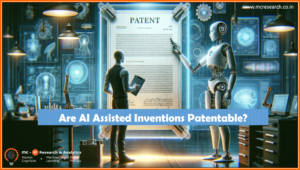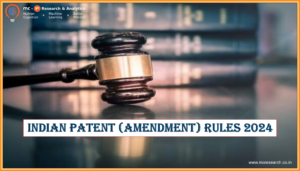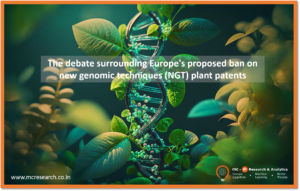In February 2011, the Invention disclosure memorandum (followed by a provisional patent application filed in December 2012) was filed by Dr. Feng Zhang, who currently holds a Professorship in the departments of Brain and Cognitive Sciences and Biological Engineering at the Massachusetts Institute of Technology. In April 2014, the USPTO granted US Patent No. 8,697,359 to Broad, MIT, and Dr. Feng Zhang.
In June, Dr. Charpentier in collaboration with Dr. Jennifer Doudna who was working at the University of Vienna at the time of the discovery and later moved to an institution in Berlin shared the Nobel Prize in Chemistry in 2020 and claimed that they were the first ones to propose that CRISPR-Cas9 scissors.
The attempt at unity- Collapsed
After discussing the idea with Doudna, Charpentier levitates the idea with George Church at Harvard University and his former postdoc Feng Zhang of the Broad Institute to put together something with the vision of intellectual light. The together concept did not work out for the rational reason of fame, intellectual authority, and credit. T


Broad wins the legal battle
Fast-forwarding to the end result of the tangled dispute which began in 2016 and has blemished two evident research teams. The U.S Patent Trial and Appeal Board dropped the result in favor of MIT in February 2022. The patent office Aaffirmed that the Broad Institute of MIT appears to be the first one to invent CRISPR for DNA editing for developing medicine. Broad Institute is a biomedical and genomic research center that brings together diverse research group from MIT and Harvard.
CRISPR Technology Ownership “battle won, fight still going on”
First Publication of CRISPR
CRISPR- Cas 9 was first published
Dr. Emmanuelle Charpentier and Dr. Jilian Banfield started investigating on
CRISPR at Berkeley
Invention disclosure memorandum filed by Feng Zhang
First patent application submitted for CRISPR- Cas 9
by Dr. Feng Zhang
Doudna group published their experimental results, showing the CRISPR can be used to modify Eukaryotic cells
USPTO granted first patent to
to Broad, MIT, and Dr. Feng Zhang.
In April 2015, Dr. Emmanuelle Charpentier and Dr. Jennifer Doudna opposed the patent to be granted to Broad Institute.
The USPTO’s Patent Trial and Appeal Board (PTAB) Hearings began in January 2016.
Nobel prize in chemistry awarded to Dr. Emmanuelle Charpentier and Dr. Jennifer Doudna for their work on CRISPR-Cas9—a method to edit DNA
The USPTO’s Patent Trial and Appeal Board (PTAB) awarded the win to Broad Institute.






